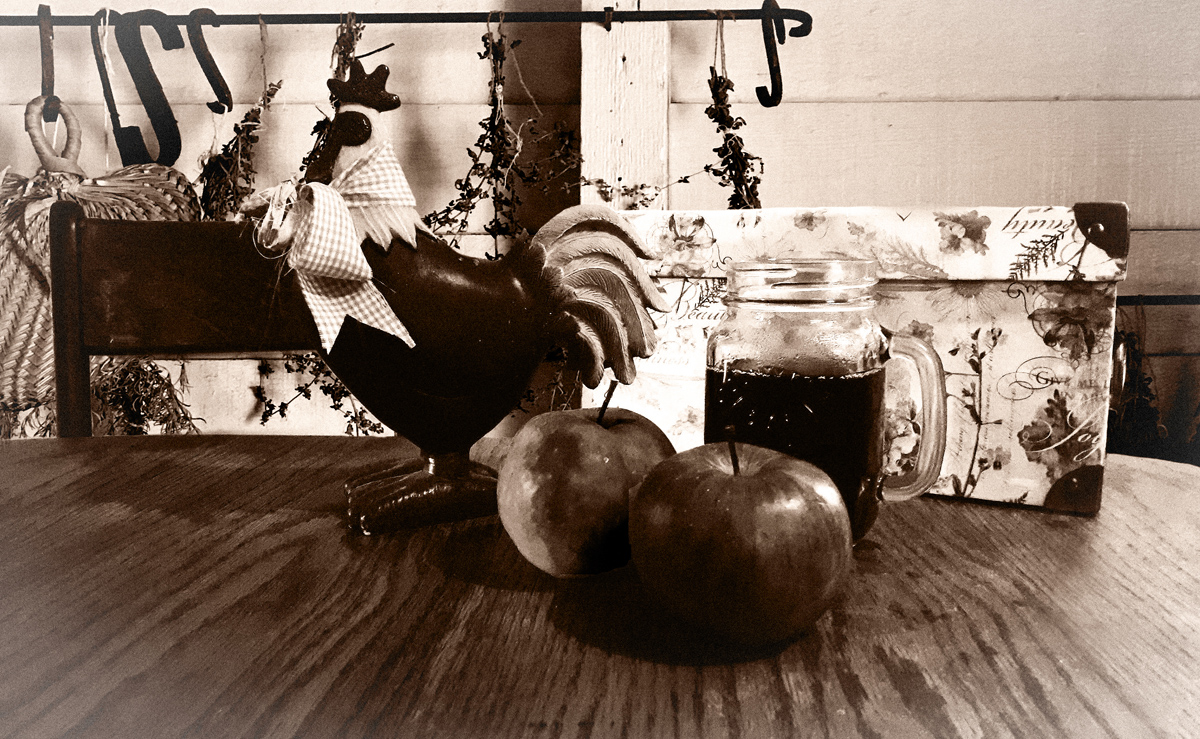Vintage cottages, fresh-baked bread, and pure joy
If you partake in social media, you may have noticed an aesthetic on the rise. It consists of dreamy pictures of flowy dresses, handmade crafts, and fresh-baked bread with a particular bend toward the vintage and fairy tale-inspired. Commonly referred to as “cottagecore,” this style has taken Tumblr, Instagram, and TikTok by storm since the beginning of the COVID-19 pandemic and ignited a politically charged debate.
Like any other aesthetic, cottagecore takes common colours, motifs, and themes and unifies them into a style that can be exhibited on social media or in an individual’s life. Specifically, it takes inspiration from a romanticized, rural life, and likely gained such widespread popularity because of the pandemic. Once everyone was more or less confined to their home, people began baking bread, doing crafts, and looking for an escape. Cottagecore took the terror of everyday life and offered gentle escapism. Amanda Brennan, a trend expert at Tumblr, revealed in a Vox article that from early March to early April the cottagecore hashtag had risen by 153 per cent, and likes on cottagecore-tagged images were up 541 per cent.
Despite this, cottagecore, a seemingly apolitical aesthetic, has garnered controversy. In part, it’s because of what the aesthetic is drawing from, and in part it’s whom it is popular with.
Cottagecore offers a romanticized version of Western rural life. It’s not reflective of what that life actually entails. Yes, living in the woods or on a vast prairie is beautiful, but nature doesn’t care about people. Aggressive wildlife and devastating natural events are distinctly absent from the cottagecore aesthetic.
While it is true that cottagecore can be read as a Eurocentric idea of a romanticized version of rural life, that’s mostly why I don’t find a huge issue with it. It’s not meant to reflect reality or the conversations that we should be having about what it means to live in the world we do, with the impact colonialism has left particularly on North and South America. That is an important conversation to be had, but it can coexist with cottagecore.
The other part of cottagecore that has gained the most conversation is the people whom it is popular with. Cottagecore is very popular with women, in particular LGBTQ+ women. It’s also similar to the aesthetic of the traditional wife movement, although they differ in core values (such as women submitting to their husbands). It’s interesting that these two groups with incredibly different views and life experiences would gravitate toward the same aesthetic in such masses. For women who live a more traditional life, the appeal is sort of obvious: it offers a romantic view of the past in which their way of life was more widely accepted. So, what might it be offering LGBTQ+ people?
Firstly, cottagecore is nostalgic. It’s comforting, warm, and distinctly feminine, but not sexualized. Secondly, it is an aesthetic based on the idea of self-care, and for a lot of LGBTQ+ people, escapism is an often unmatched form of self-care. Lastly, I think it has a lot to do with finding a way to be yourself in the face of media or a social group that has caused you or people like you physical or emotional damage. There is a certain power that is inherent in claiming something that has been denied to you or caused you harm. For LGBTQ+ people, that power can manifest in the form of claiming some aspect of traditional life, whether that be marriage, religion, or a rural existence that has often been denied to them by traditionalists.
It’s good that there have been conversations about the morality of aesthetics, because nothing ever exists in a vacuum, and it is always good to acknowledge problematic aspects in any form of media. However, cottagecore is a source of comfort for many, and its rise in popularity has provided people with much needed joy this year.


